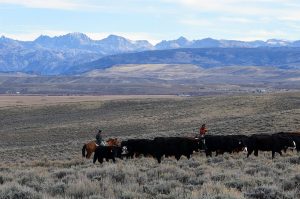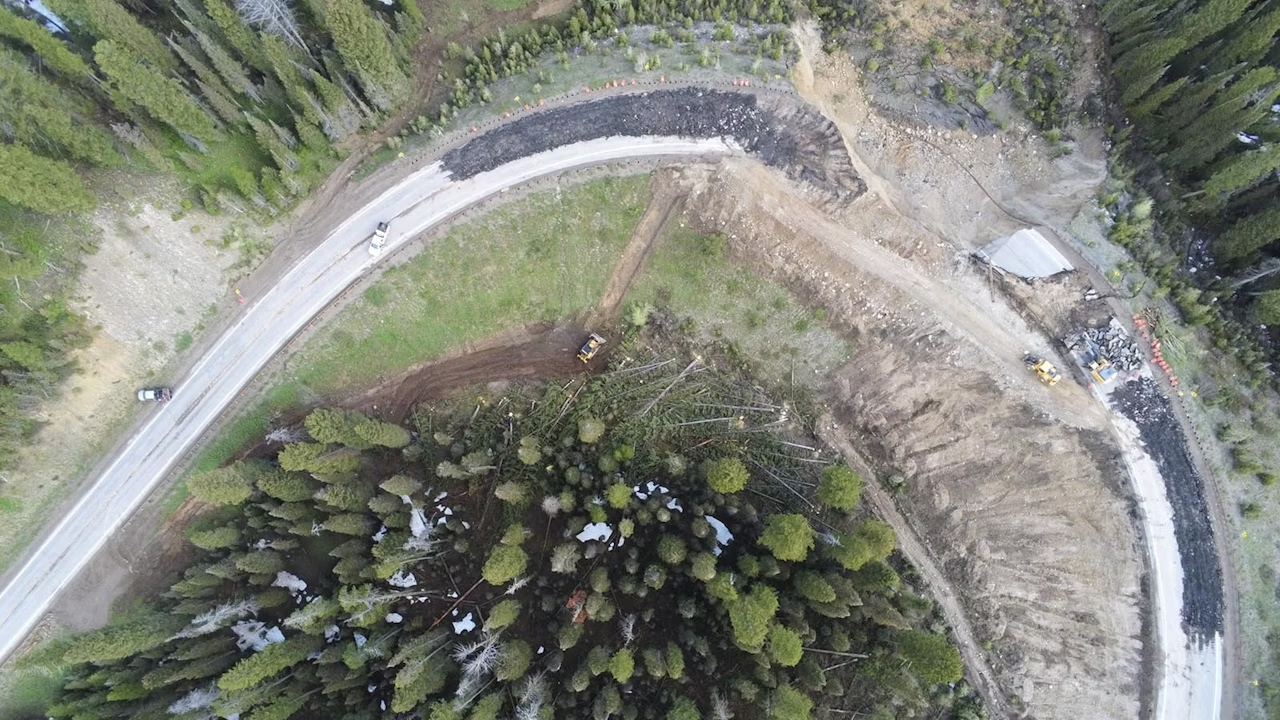Wyoming Farm Bureau Federation Expresses Concern Over Biden Administration NEPA Changes
Written by Caleb Nelson on April 26, 2022
President Biden is reversing efforts to modernize the National Environmental Policy Act (NEPA) made by the Trump administration and it has some within the agricultural community worried.
Ken Hamilton, Executive Vice President of the Wyoming Farm Bureau Federation, disagrees with the Biden administration’s decision to undo the 2020 reforms saying, “We don’t believe that was a good move.”
Mr. Hamilton says that one ongoing problem with NEPA is that it doesn’t “provide the environmental analysis it was meant to.” The Federal government, Mr. Hamilton explains, constantly fails to produce environmental impact statements leading to a “cumbersome” process with “ranchers caught in the middle.” Many ranching operations here in Wyoming use permits to graze cattle on federal land, but these permits can’t be acquired without a NEPA assessment. A task that is continually bogged down by huge “litigation proof” documents, Mr. Hamilton says.
First signed into law January 1st, 1970, NEPA requires Federal agencies to assess the environmental impact of proposed projects and activities on Federal lands such as the construction of roads, renewable energy projects, broadband development, forest management, grazing, and even wildfire protection. The President’s Council on Environmental Quality (CEQ) oversees NEPA implementation.
The Trump administration enacted regulatory revisions whereby CEQ updated its final rules for NEPA on July 15, 2020.
The President of the American Farm Bureau Federation says he is frustrated by the Biden administration’s decision, “AFBF is disappointed that the Biden administration has decided to reverse commonsense reforms to the Nation Environmental Policy Act (NEPA). Farmers and ranchers share the goal of caring for the natural resources they’ve been entrusted with and were pleased that the updated 2020 regulations allowed them to protect the environment while meeting the demands of a growing nation.”
The difficulty of reforming regulation is nothing new, but Mr. Hamilton, echoing the AFBF, simply wants to avoid what he calls “paralysis by analysis.”





